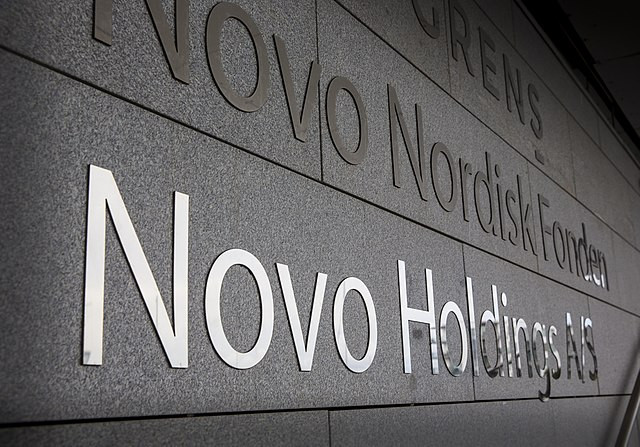Novo Nordisk's flagship diabetes and weight-loss drugs, Ozempic and Wegovy, have come under heightened scrutiny after the European Medicines Agency (EMA) confirmed that in rare cases the treatments may lead to severe eye conditions causing irreversible vision loss. The development follows a wave of lawsuits, including one from a U.S. patient who alleges the drug left him completely blind.
On Friday, the EMA's safety committee stated that semaglutide-the active ingredient in Ozempic, Wegovy, and Rybelsus-has been linked to non-arteritic anterior ischemic optic neuropathy (NAION), a condition that damages the optic nerve and is the second-leading cause of blindness from optic nerve injury, behind glaucoma. The EMA has requested Novo Nordisk to update product labeling to reflect NAION as a side effect of "very rare" frequency, estimated to affect up to 1 in 10,000 patients annually.
"This has been reported as a potential risk for some time," said Barclays analyst Emily Field. "I don't see this as making any major difference to prescribing patterns."
Novo Nordisk said it would comply with the EMA's request but maintained that clinical trials and post-market data did not indicate a conclusive causal relationship. "The benefit-risk profile of semaglutide remains favorable," the company said.
The EMA's announcement coincides with additional scientific concerns. A recent Canadian study published in JAMA Ophthalmology found that GLP-1 drugs like Ozempic could also double the risk of neovascular age-related macular degeneration (nAMD), another severe eye condition marked by fluid leakage and blood vessel growth in the retina. In a dataset of 139,000 type 2 diabetes patients, researchers documented 93 cases of nAMD in the group using GLP-1 drugs versus 88 in the control group.
About 1.5 million Americans suffer from late-stage age-related macular degeneration, with 10% of those cases involving nAMD, according to Bright Focus Foundation. Of those diagnosed with nAMD, an estimated 90% are legally blind.
In the U.S., lawsuits have begun to emerge. One plaintiff, 62-year-old Todd Engel, claims he lost sight in both eyes within 10 months of starting Ozempic. Diagnosed with NAION, Engel said doctors initially dismissed the link to the medication, and he continued taking the drug until his left eye also went blind. "If he hadn't, it's quite likely that he would still have vision in one eye today," said his attorney, Ashley Hornstein of Motley Rice.
Engel had worked as a motor equipment operator for over two decades and was required to pass annual vision tests. His family has since retrofitted their home with audio-based appliances due to his complete vision loss.
Meanwhile, Novo Nordisk is under pressure in the competitive weight-loss drug market, where it faces intensifying rivalry from Eli Lilly's Zepbound. Novo ousted its CEO Lars Fruergaard Jorgensen in May amid investor concerns over maintaining its market lead in what analysts estimate could be a $150 billion global obesity drug market by the next decade.






